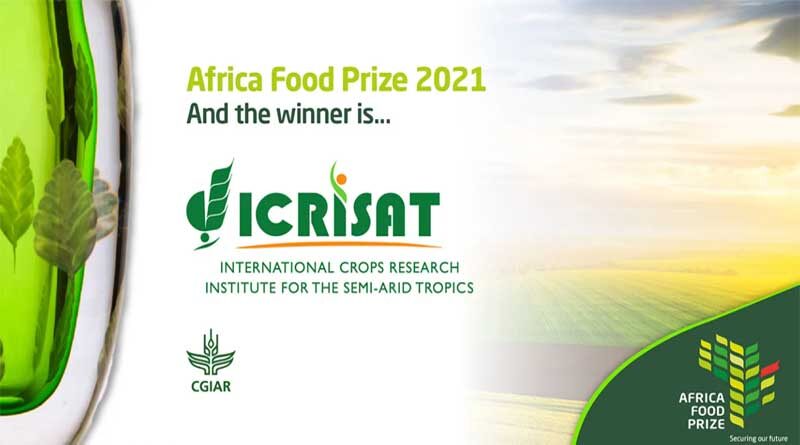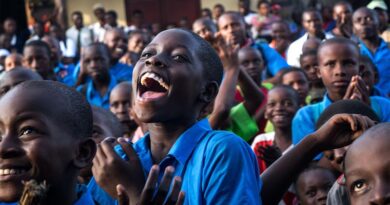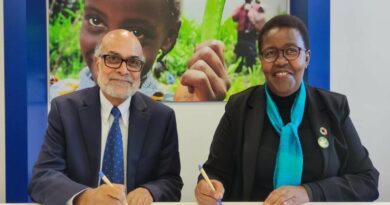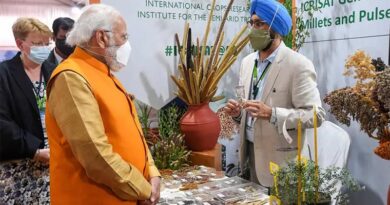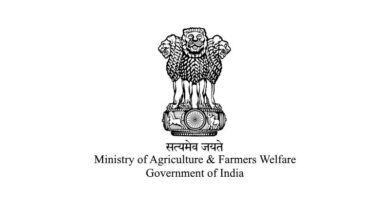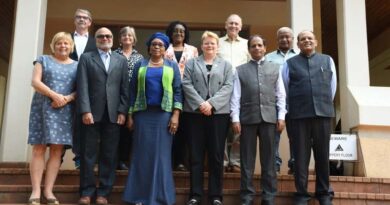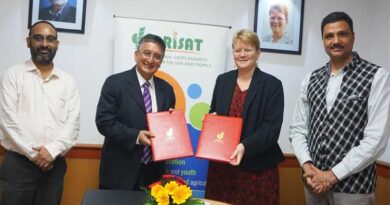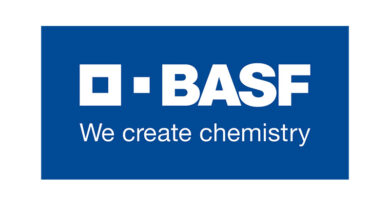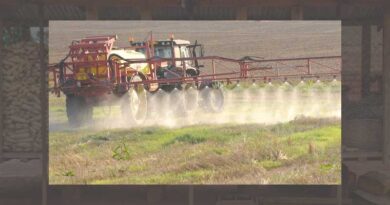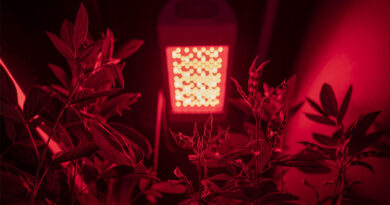ICRISAT awarded 2021 Africa food prize
09 September 2021, Kenya: The International Crops Research Institute for the Semi-Arid Tropics (ICRISAT) has been awarded the 2021 Africa Food Prize, for work that has improved food security across 13 countries in sub-Saharan Africa.
ICRISAT, a CGIAR Research Center, is a non-profit, non-political public international research organization that conducts agricultural research for development in Asia and sub-Saharan Africa with a wide array of partners throughout the world.
Also Read: Haryana government to help farmers with timely supply of fertilizers
Between 2007 and 2019, ICRISAT led a collaboration of partners to deliver the Tropical Legumes Project. The project, undertaken together with the International Center for Tropical Agriculture (CIAT) and International Institute of Tropical Agriculture (IITA), developed 266 improved legume varieties and almost half a million tons of seed for a range of legume crops, including cowpeas, pigeon peas, chickpea, common bean, groundnut, and soybean. These new varieties have helped over 25 million smallholder farmers become more resilient to climate change, as well as pest and disease outbreaks.
In addition to these new varieties, the project trained 52 scientists, who are already working in national research institutes across the continent. Training these next generation scientists in the countries where the projects were implemented, has helped strengthen the research capacity of national agricultural research systems in Africa and contributed to sustaining the gains the projects have made.
His Excellency Olusegun Obasanjo, Chair of the Africa Food Prize Committee and former President, Federal Republic of Nigeria, announcing ICRISAT as the Africa Food Prize 2021 laureate at the media briefing during the Africa Green Revolution Forum (AGRF) 2021 Summit.
Congratulating the winner, H.E. Olusegun Obasanjo, the Chair of the Africa Food Prize Committee and former President, Federal Republic of Nigeria, said: “ICRISAT’s leadership in developing seeds that not only end malnutrition but also survive in semi-arid areas is inspiring other agricultural organisations to rethink seed development and farming practices that suit and solve Africa’s agricultural challenges.”
“Their work is also important as it provides an inclusive approach that supports the whole agricultural value chain, from farm to fork, providing farmers with farming tools and a market for their produce,’’ he said.
Accepting the award, Dr. Jacqueline d’Arros Hughes, ICRISAT Director General, said the Institute’s work spanned the entire value chain, from high-end genomics to markets and agri-business in dryland cropping systems.
“We also empower women and attract youth back to agriculture using the latest tools and technologies available to make farming profitable.
“The Africa Food Prize is a major accolade and recognition of ICRISAT’s work in Africa and reinforces our belief that agriculture can be profitable for smallholder farmers. It is also testament to the work of our close collaborators, the national agriculture research and extension systems, without whose support this would not have been possible.
“We dedicate this award to the smallholder farmers in the drylands of Africa, as they are the ones who inspire us with their patience and perseverance in the face of adversity,” said Dr. Hughes.
Dryland ecosystems cover 45 per cent of Africa’s landmass and feed and support almost half a billion people. However, these systems are fragile and prone to the effects of climate change and environmental degradation.
Programs like the Tropical Legumes projects help the millions of smallholder farmers relying on drylands ecosystems to grow more food and become more resilient in the face of climate change. The project has been implemented in Burkina Faso, Ghana, Mali, Niger, Nigeria, Senegal, Ethiopia, Kenya, Malawi, Mozambique, Tanzania, Uganda, and Zimbabwe.
The Africa Food Prize recognizes outstanding African individuals and institutions leading efforts in the following areas: transformation of Africa’s foods systems; promotion of sustainable agricultural practices; support for smallholder farmers to raise incomes; resilience in the wake of climate change impacts; and access to high quality agricultural inputs, knowledge, and equipment. The award, that includes a $100,000 prize, celebrates those changing the reality of farming in Africa from a struggle practice to a business that lifts communities out of poverty.
Key impacts of the Tropical Legume Project
- Groundnut crop interventions demonstrated 32.35% increase in income, 6.72% households lifted out of poverty and 14% out of food insecurity.
- Ten groundnut varieties, including six high-yielding, drought-tolerant ones and four ELS (Early Leaf Spot) resistant, released in Mali.
- Seven groundnut varieties, with traits such as aflatoxin tolerance, early maturing, drought tolerance etc. released.
- In India, chickpea national program on developing improved varieties resulted in area enhancement up to 68%.
- Chickpea program in Ethiopia won a national award in 2013 for science and innovation.
- Seven-fold increase in number of improved common bean variety releases from 2011 to 2018.

